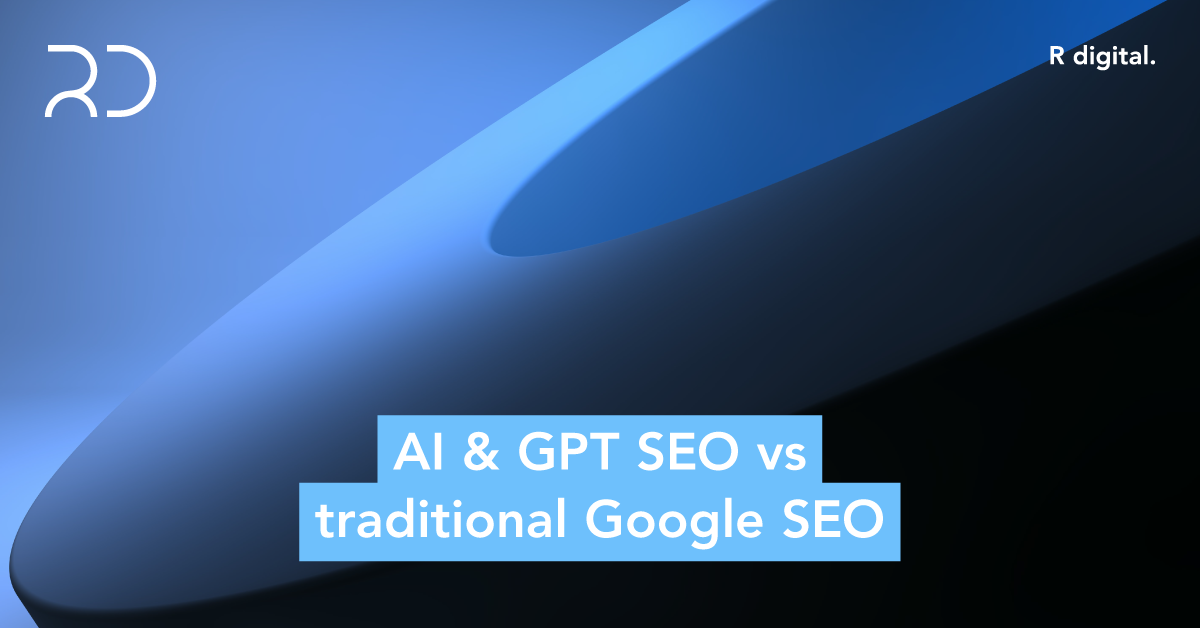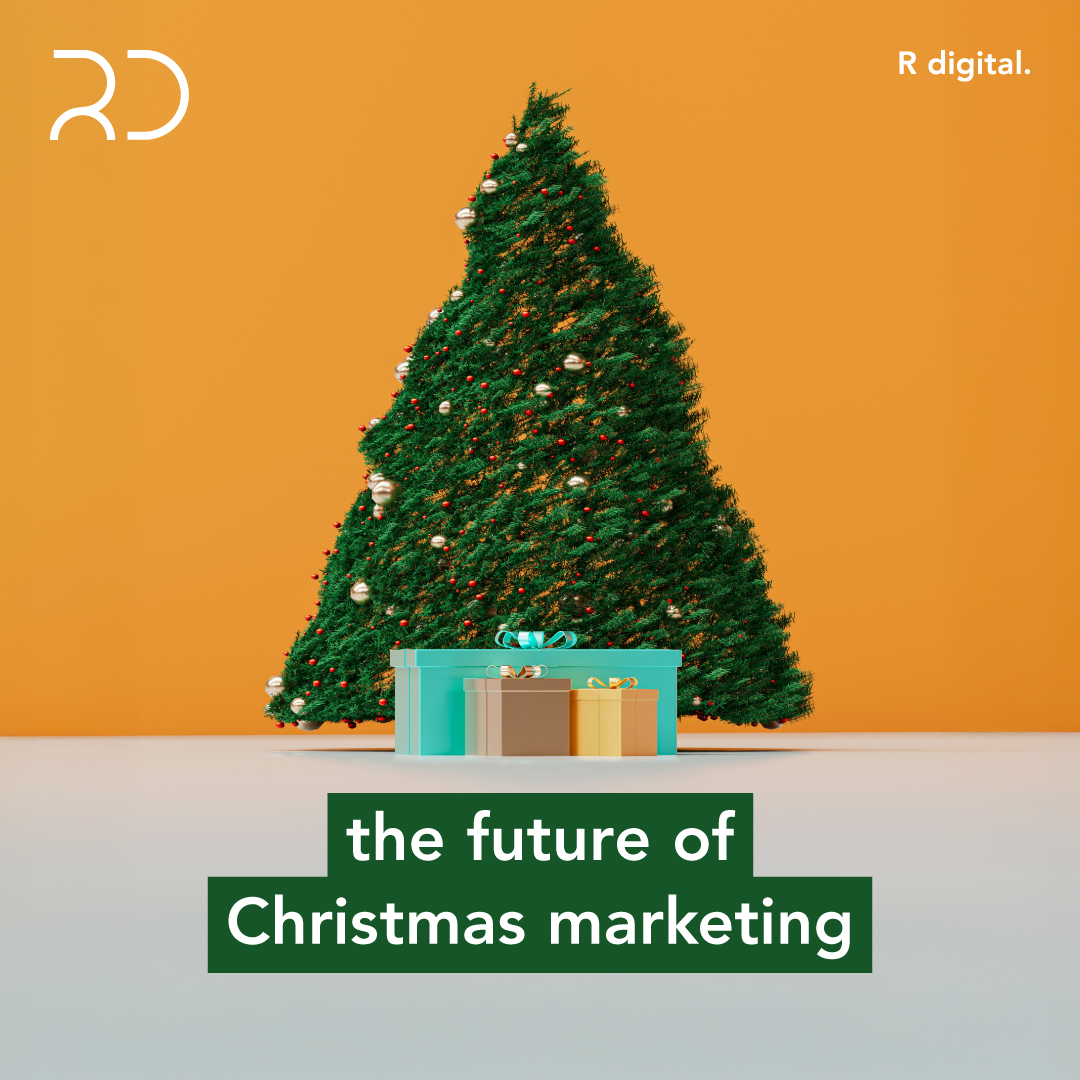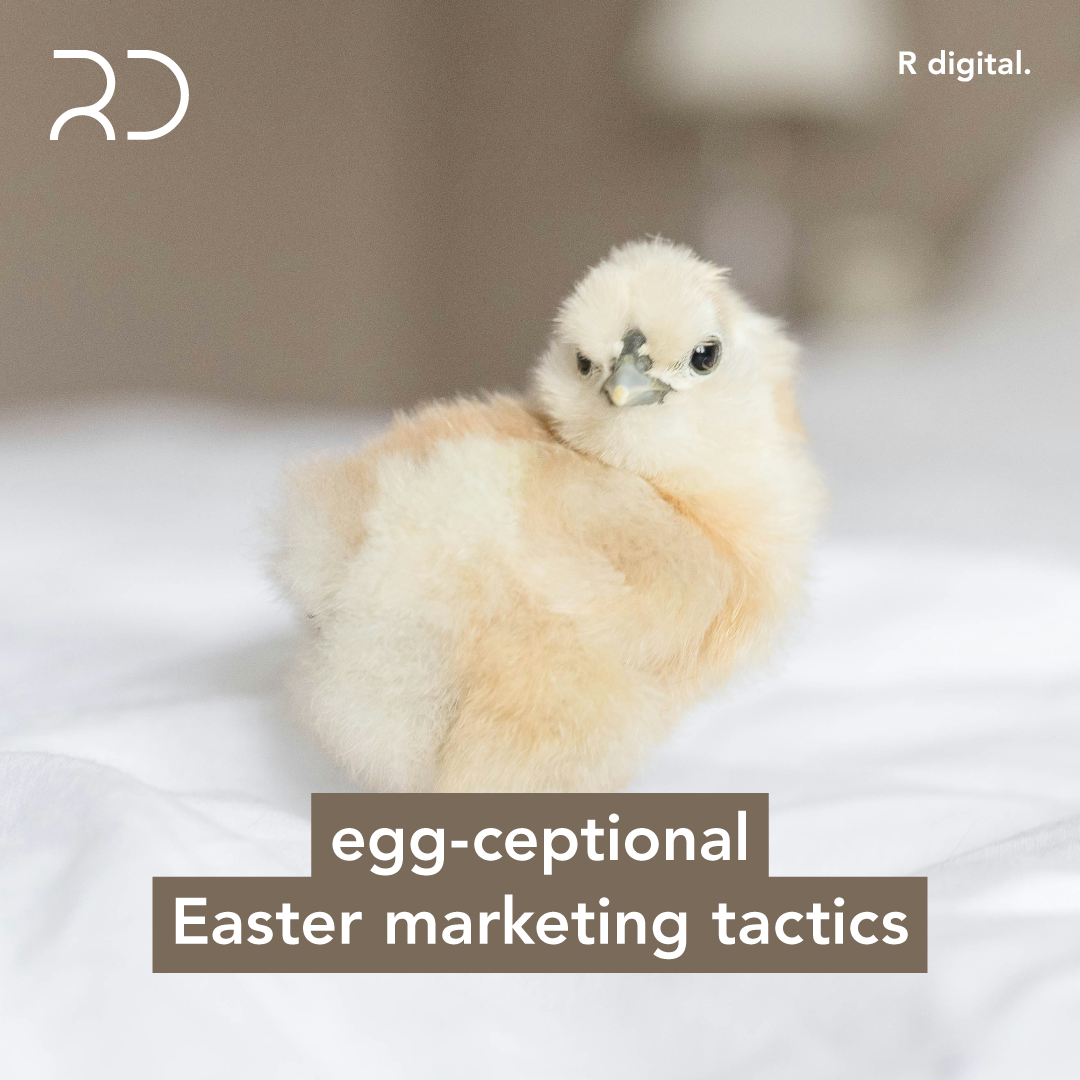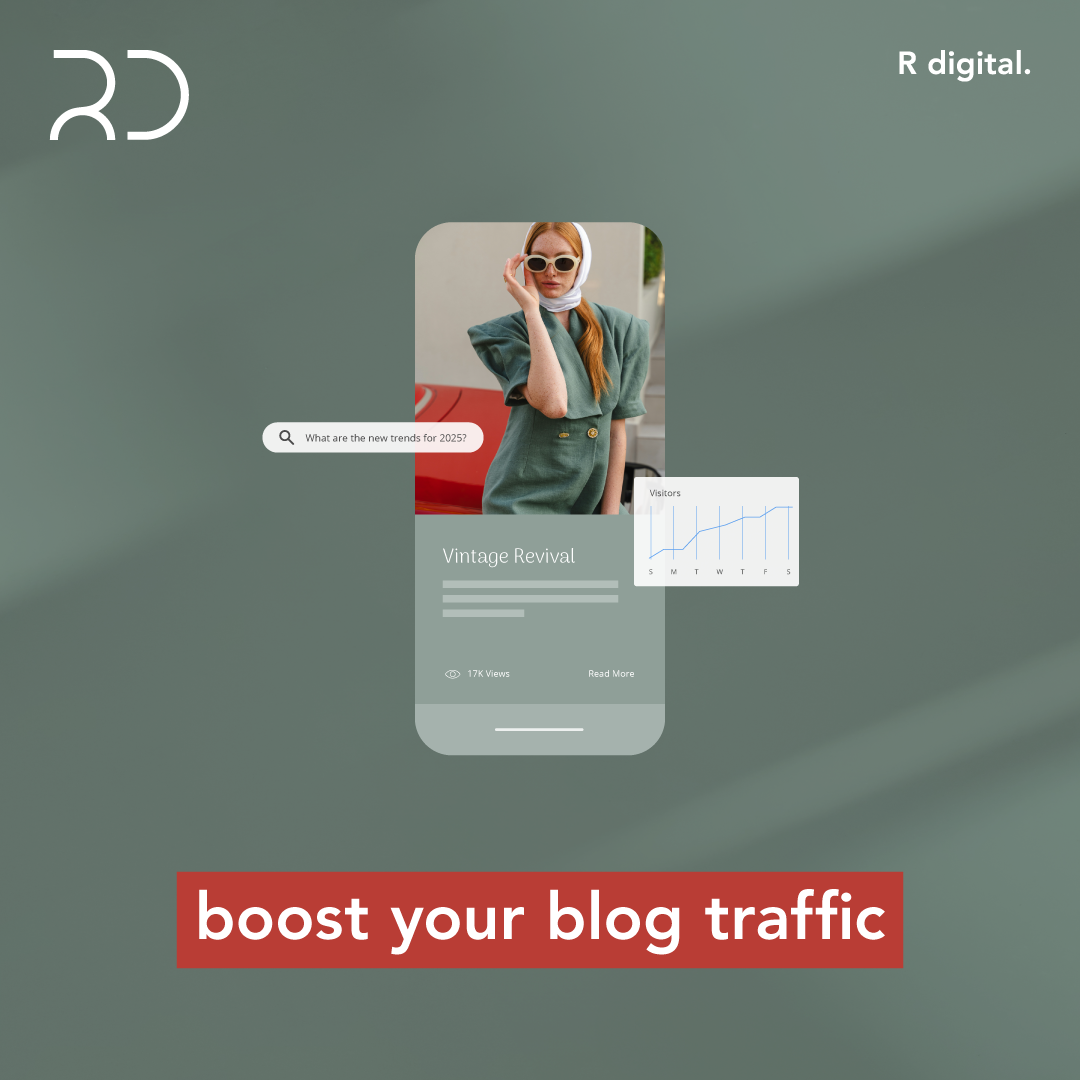
Search Engine Optimisation (SEO) has long been dominated by one giant: Google. Marketers and businesses alike have built entire strategies around ranking higher in Google’s search results, optimising for keywords, backlinks, and algorithm updates. But the landscape is shifting rapidly. With the rise of AI-powered search assistants and GPT-driven platforms, businesses are asking an increasingly common question: Should I focus on AI SEO rather than traditional Google SEO?
The answer isn’t as straightforward as choosing one over the other—it’s about understanding the new ecosystem of search and how your brand can thrive in it.
The Shift from Search to Answer
Traditional SEO is based on the idea that people search for something, land on a results page, and then choose a website to click on. But with AI-driven tools like ChatGPT, Perplexity, Microsoft Copilot, and Google’s own Search Generative Experience (SGE), the journey looks different.
Instead of browsing through 10 blue links, users are getting direct, conversational answers. This means:
- Content is being summarised and delivered instantly.
- AI tools are choosing which sources to cite or pull from.
- Visibility is no longer just about ranking—it’s about being included in the AI’s knowledge base.
What is GPT SEO?
GPT SEO (sometimes referred to as AI SEO) is the practice of optimising your content not just for Google’s crawlers, but also for AI models that generate answers. This includes:
- Writing clear, structured, and trustworthy content that can be summarised easily.
- Building authority through consistent, expert-driven publishing.
- Providing fresh, factual, and niche-relevant insights—the kind of data AI models prefer when pulling responses.
- Thinking beyond keywords and focusing on contextual, intent-driven content.
Google SEO isn’t Dead—It’s Evolving
Despite the buzz, traditional SEO is not disappearing anytime soon. Google still dominates global search traffic, and ranking on page one can still drive significant business results. However:
- Google itself is shifting toward AI-driven answers (SGE).
- Organic click-through rates are already dropping as more queries get resolved without a click (“zero-click searches”).
- Competition is fiercer, meaning SEO requires higher budgets and deeper expertise to break through.
Where Should Businesses Invest?
At R Digital, we see the smartest strategy as hybrid:
Maintain Core Google SEO
- Keep optimizing your website’s speed, structure, and content.
- Invest in technical SEO, backlinks, and user experience.
- Ensure your brand continues to capture traditional search traffic
Adapt to AI & GPT SEO
- Create authoritative, human-driven content that AI can trust and reference.
- Prioritise long-form, thought-leadership pieces that answer real questions.
- Optimise for brand mentions and citations—since AI prefers recognised sources.
Play the Long Game
- AI search adoption is growing, but Google still brings the lion’s share of traffic.
- The businesses that balance both worlds will be the ones staying relevant.
Final Thoughts
The question isn’t “Should I abandon Google SEO for AI SEO?” It’s “How do I adapt my strategy so I remain visible in both?”
The future of search will be hybrid: part Google, part AI, and entirely driven by authority, trust, and relevance. Investing now in AI-friendly content while maintaining a strong Google SEO foundation ensures your brand won’t just survive the transition—it will lead it.
At R Digital, we help brands future-proof their digital presence, blending traditional SEO expertise with cutting-edge AI optimisation strategies.
👉 Ready to adapt your SEO to the new era of AI-driven search? Let’s talk.



